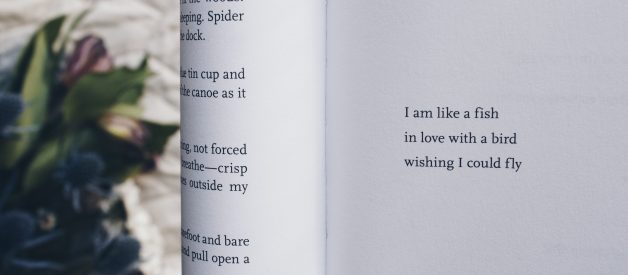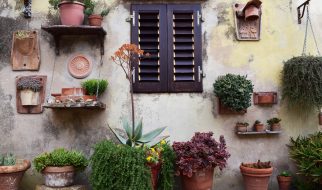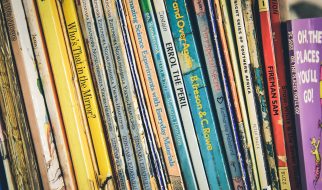Rhyme is a tool, not a defining characteristic.
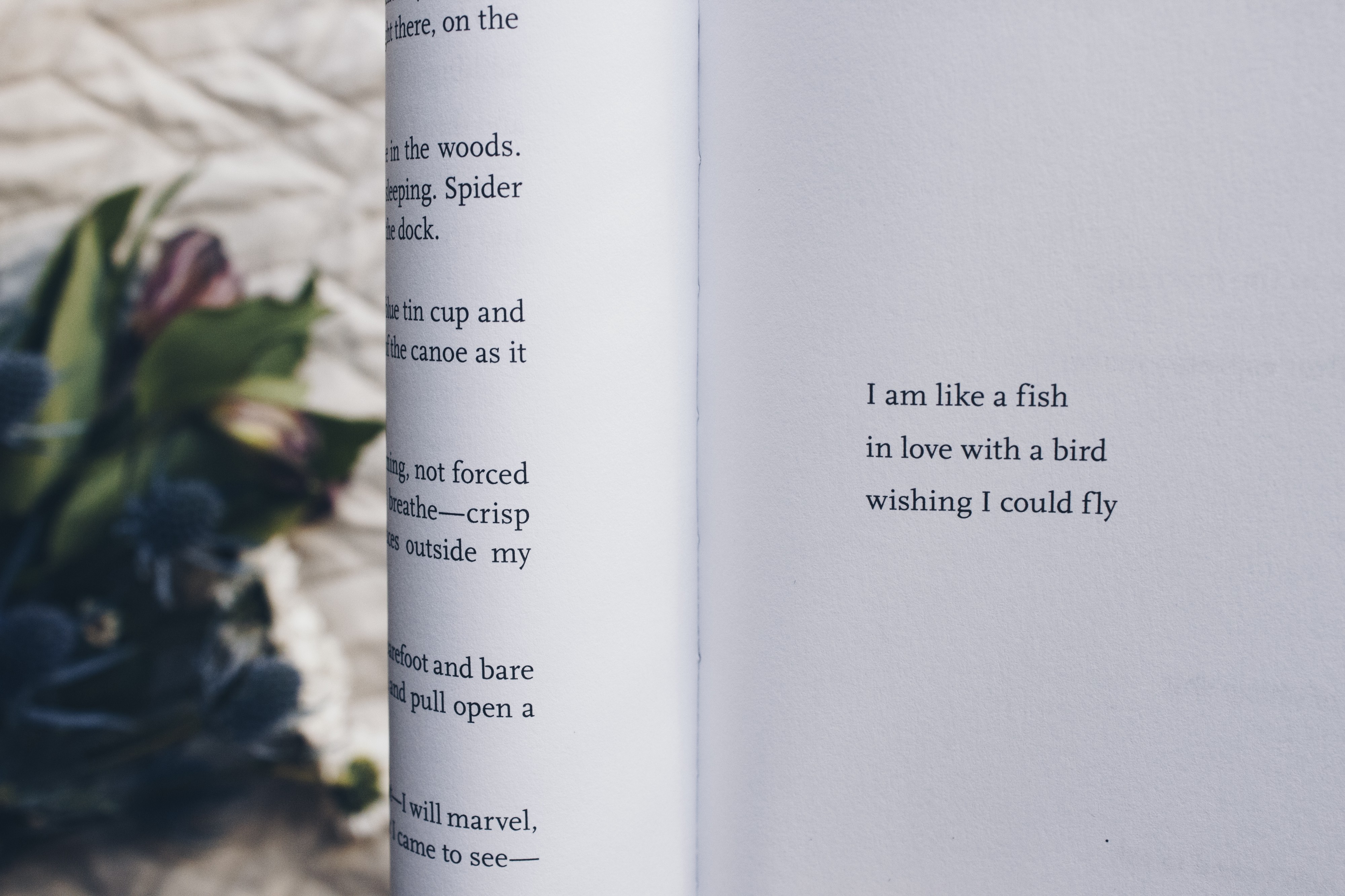 Photo by Thought Catalog on Unsplash
Photo by Thought Catalog on Unsplash
If you were to ask an ordinary person in the Western world ? that is, somebody who?s not an English major or specifically versed in poetry ? what the defining characteristics of a poem are, you might get some criteria like:
- Poems are written in lines and stanzas instead of sentences and paragraphs.
- Poems use more figurative language and rhetorical devices.
- Poems rhyme.
That third one, especially, seems to be a kind of sticking point. Poems rhyme. More specifically, poetry is the only kind of writing that is allowed to rhyme. You don?t see a lot of it in prose ? whether it?s creative work, like a novel, or stolid and academic, like a research paper.
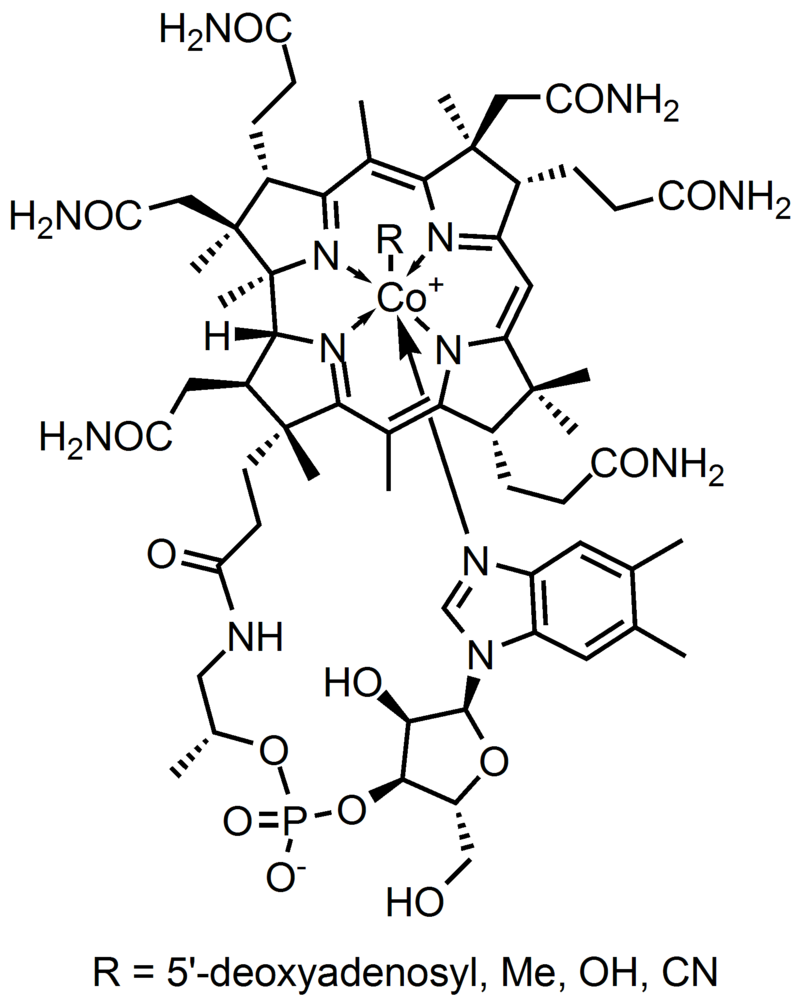 YMWang42@wikimedia. Released in the Public Domain.
YMWang42@wikimedia. Released in the Public Domain.
Actually, though now that I think about it, I would really love to read an Organic Chemistry thesis written in rhyming couplets. There?s something quite poetic about all of those damn hexagons.
(I understand literally nothing about Organic Chemistry, except that it?s all Carbon and painfully complicated names. If you changed just one thing in this picture, one squiggly line or letter, you?d probably destroy the fabric of the universe and give this thing a completely different name and properties.)
I never said that I?d be the one writing poetry about O-Chem. Just that I?d like to see it.
Anyway, moving on from the horror story: poetry is the only kind of writing where we?re allowed to rhyme. Unless you?re writing a Stephen King villain or trying to show something illustrative through the rhyme.
And it?s not hard to understand why: rhyme is really good at drawing attention to itself. It?s a big flaming sign saying LOOK AT ME. It?s catchy. It sticks in our heads.
Think of all the poems that we teach to children. They all rhyme, and they all have that sticking power.
Twinkle, twinkle, little star,how I wonder who you are.
Little Bo Peep, lost her sheep.
The itsy, bitsy spider climbed up the water spout,down came the rain and washed the spider out.
And, I realize this one might differ with regional pronunciation, but even with how we teach kids to memorize the alphabet, we use rhyme.
Seriously: sing along to the alphabet below:
A, B, C, D, E, F, GH, I, J, K, L, M-N-O-P,Q, R, S, T, U, V,W, X, Y, Z.
The melody emphasizes those rhyming letters as a sort of guideposts to draw children (and some not-so-children, when we forget) through the Alphabet. It?s a powerful rhetorical device.
So imagine a world before publishing.
It is so easy for us, in the modern day, to take the written word for granted. Writing is everywhere. Books are everywhere. Publishing is a multi-billion dollar industry. But before it was, stories were conveyed in other ways.
Consider how, beyond a certain age, most of the stories we know are told through epic poems.
The Odyssey, The Iliad, Beowulf, the Psalms, and so on.
All of these were poems that would be memorized and performed ? when copying was difficult and expensive and time-intensive, stories were read and performed. And using those kind of obvious poetic devices like rhyme made it very easy to memorize and learn and carry yourself through a poem.
I love how the Anglo Saxons did this in a kind of backward way, by using repetitive initial consonant sounds. Consider this passage from the beginning of Beowulf:
Hwt. We Gardena in geardagum,eodcyninga, rym gefrunon,hu a elingas ellen fremedon.Oft Scyld Scefing sceaena reatum,monegum mgum, meodosetla ofteah,egsode eorlas.
The entire form of Anglo Saxon poetry can be best described as Bang-Bang-Bang-Crash ? in that each line (sometimes sub-divided into half lines) contains four stressed syllables, three of them beginning with the same initial consonant sound, and the last not.
It functions very similarly to terminal rhyme, in that it provides guideposts for the person reciting the poem. It catches much more easily in the mind.
Think about Shakespeare, and why his work is so poetic and metrically regular. The printing press was still fairly new, and his work was designed to be memorized and performed by actors.
Poetry, post-Printing Press.
Once we transition to after the invention of the poetry press, we have poetry that, historically, have rhymed heavily and used a lot of alliterative language, but it?s no longer being memorized and performed in the same way.
So the rhyme becomes less important. It?s a tool that?s still available to be played with, but it becomes much less crucial in the longevity and survival of a poem.
And you can kind of see a tail over the last few centuries, where non-rhyming poetry becomes more and more common, especially in last century or so, as the publishing machine has grown and it?s become easier for more people to share poetry of all kinds.
It?s like taking off a corset and putting on a t-shirt. Imagine walking into a town square in 1675 wearing a Pink Floyd shirt and blue jeans. Positively scandalous.
We are in an era of relaxed-fit poetry.
What does this mean for you, today?
If you?re sitting down and wanting to write a poem right now, do you have to rhyme? No. Do you have to use strict meter? No.
Are you welcome to? Absolutely.
These things are kind of like fashion trends. Different poetic devices go into and out of vogue, though I think we work on a scale of decades and centuries, rather than years, like fashion.
The question isn?t whether or not rhyming is allowed, but, rather, what effect does the rhyming have?
If you use a lot of heavy, straight end-line rhymes, your work can sound sing-songy. It can sound like a children?s nursery rhyme. Maybe that?s the effect you?re going for, or not.
The modern ear places a lot of value on sounding like natural speech, on avoiding tortured syntax and blunt end-line rhyming. That?s not to say that those values won?t change over time, or that you?re not allowed to use those tools.
You can play around with language. You can play around with the words. That?s part of the joy of poetry.
More poetry from Zach J. Payne.
Zach J. Payne is, to borrow the words of Lin-Manuel Miranda, ?a polymath, a pain in the ass, a massive Payne?. He is a thespian, poet, and writer for young adults. He is the #2 Ninja Writer.
